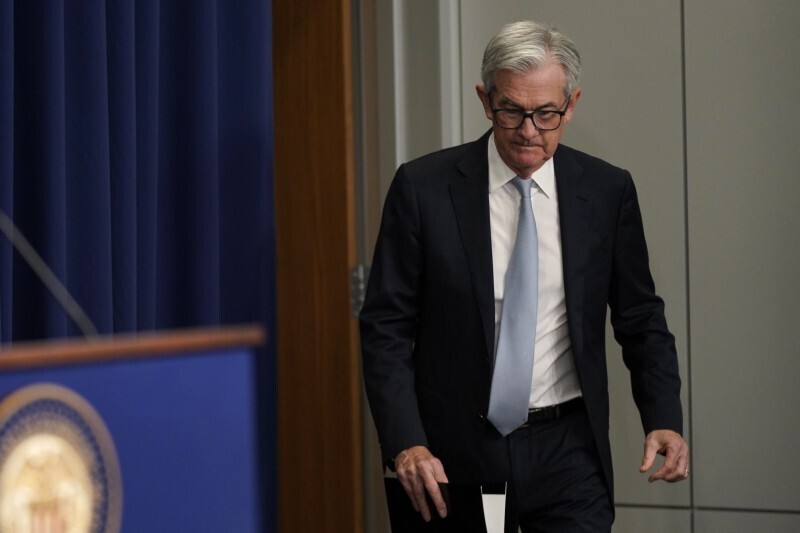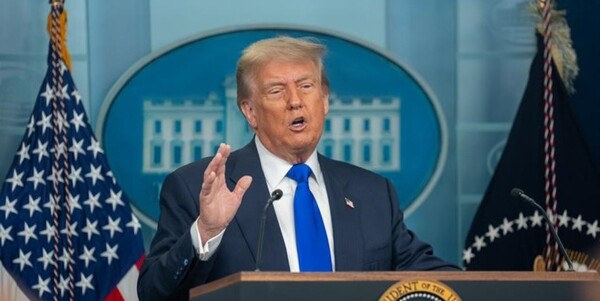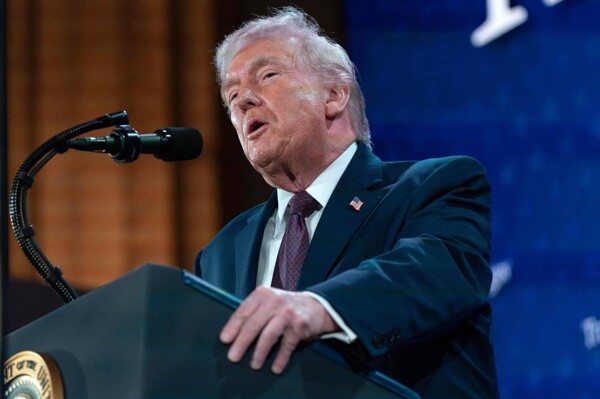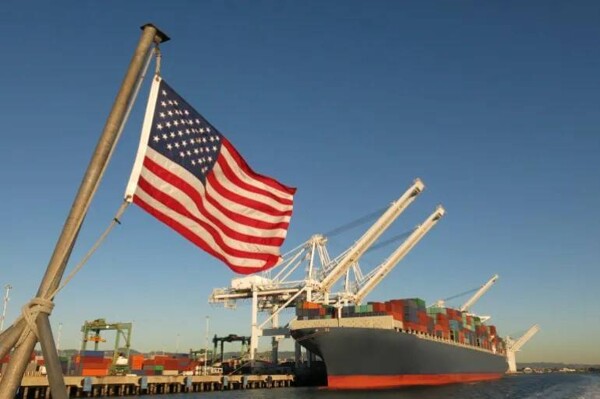
A report from the U.S. firm Inflation Insights indicates that the final price increased by 18% in the three months following the implementation of tariff measures. In January, inflation in the United States saw a rebound, reaching 3% on an annual basis, complicating the possibility for the Federal Reserve to continue lowering interest rates.
HR Ratings warns about the additional pressure that Donald Trump's tariff measures, specifically on steel from Mexico, Canada, and China, could exert on inflation in the United States. The agency indicates that American consumers will be the most affected by a 25% increase in tariffs, as a significant portion of the steel used in the country is imported.
The White House announced that it is considering imposing an additional 25% on imports of steel and aluminum, increasing the total to 50%. Natixis argues that tariffs do not reduce the trade deficit, mentioning the case in 2018 when tariffs were imposed on various imported items during Trump's first term.
Focusing on the automotive sector, the U.S. Economic and Political Research Center warns that tariffs could significantly increase production costs. For example, during the construction of a car, between $6,000 and $7,000 is spent on steel, which could lead to a $5,000 increase in the final price of the vehicle. This is expected to create additional pressure on the prices of consumer goods and automobiles if broader tariffs on imports from Mexico and Canada are implemented.














